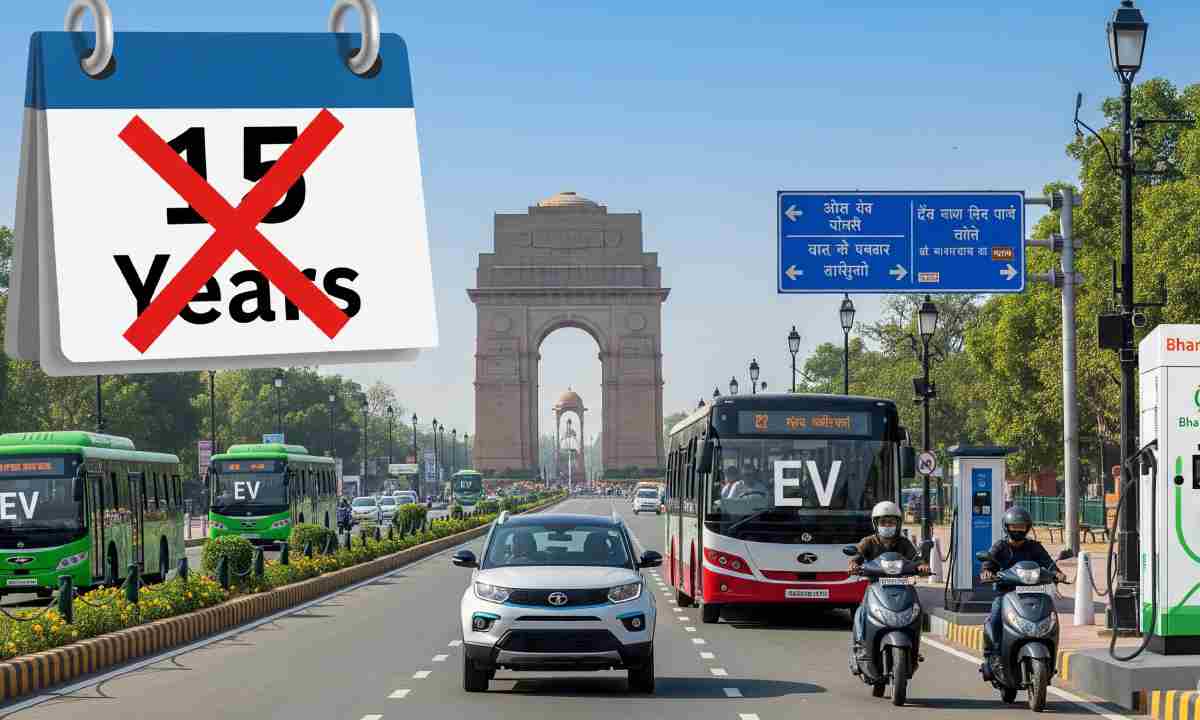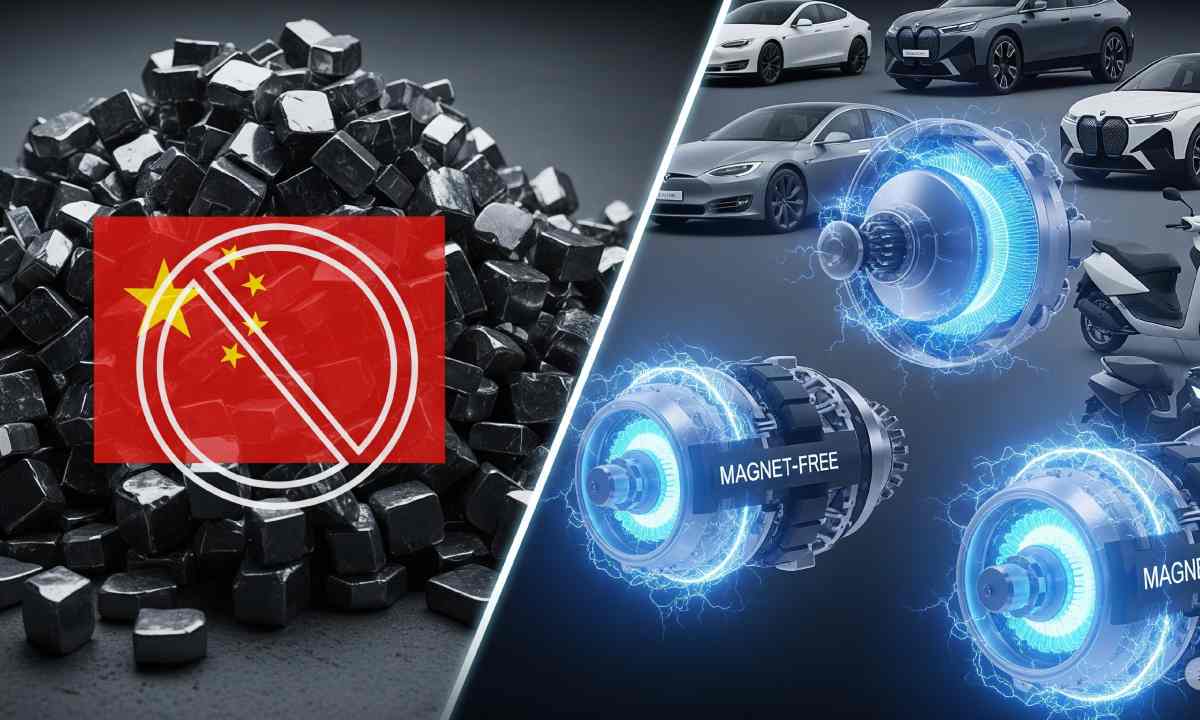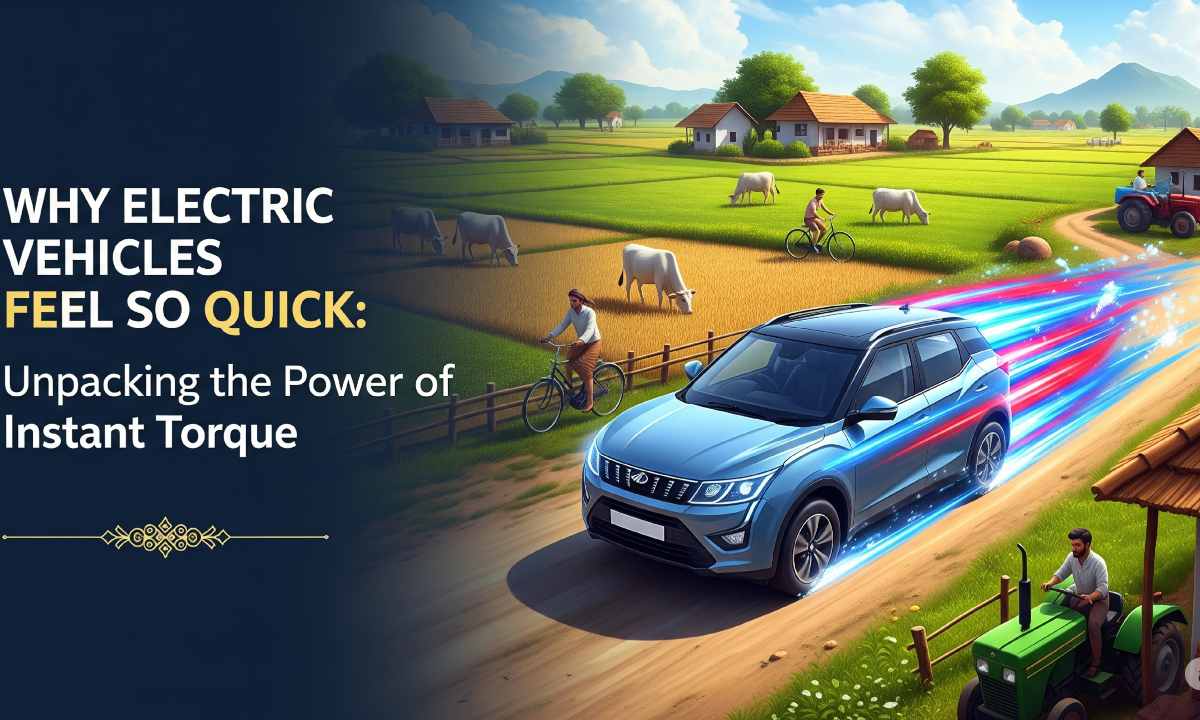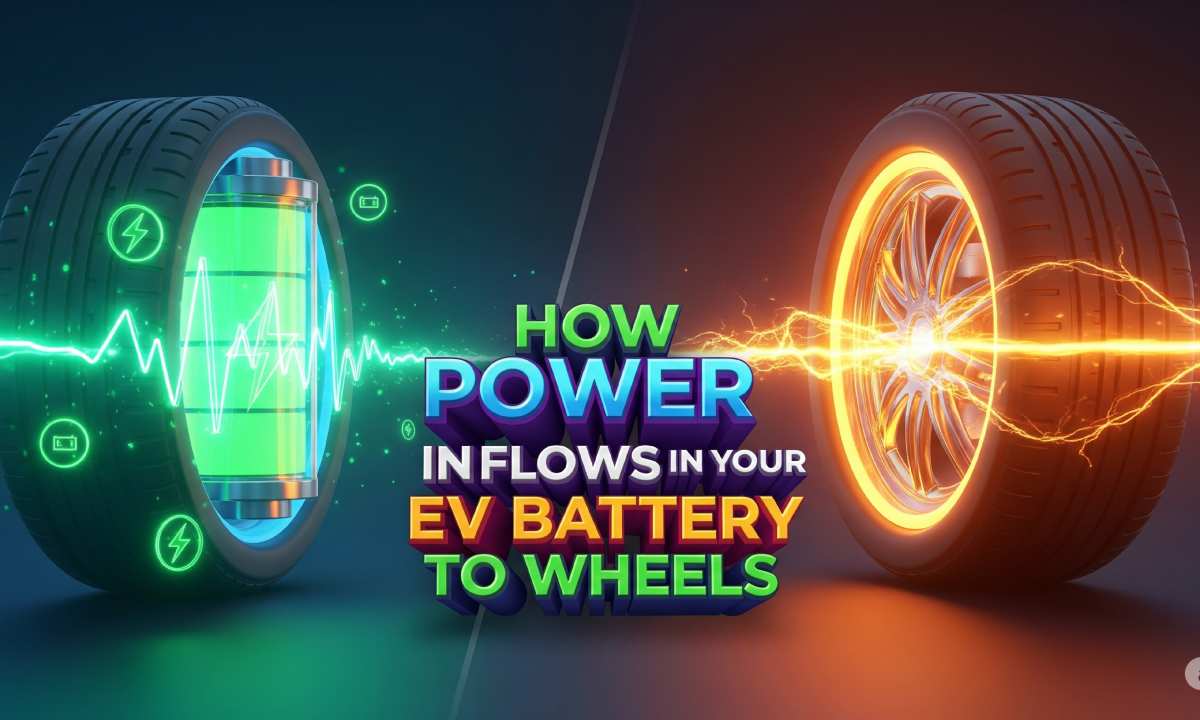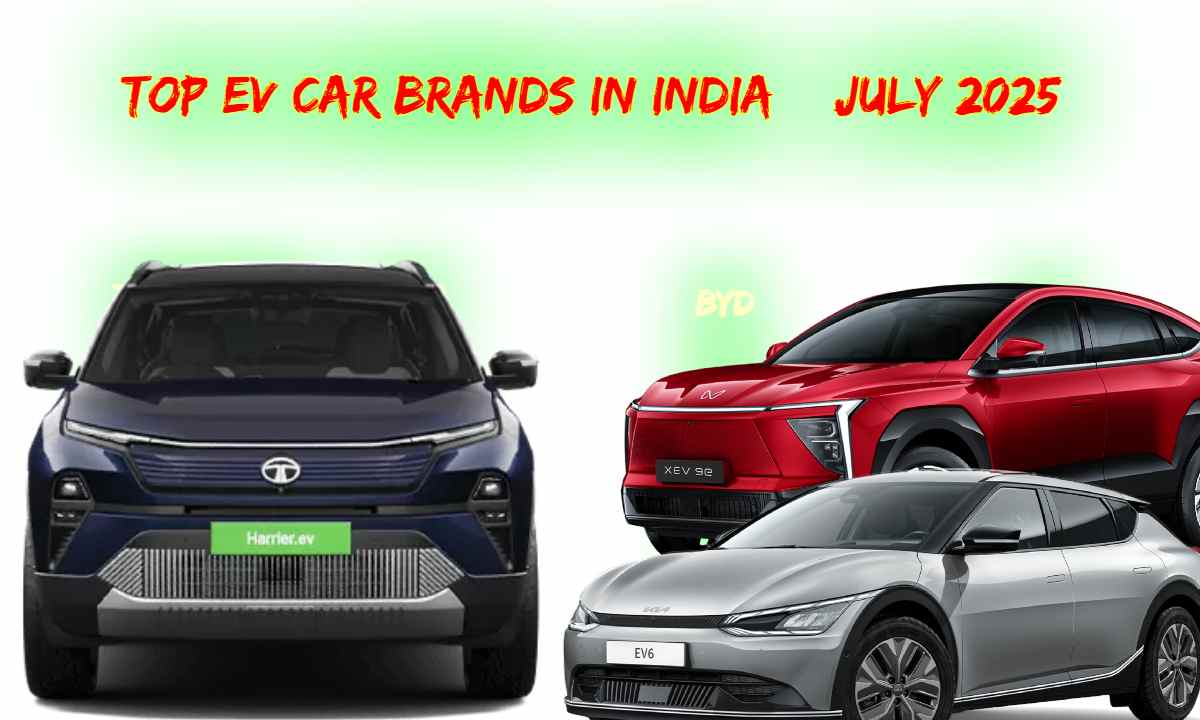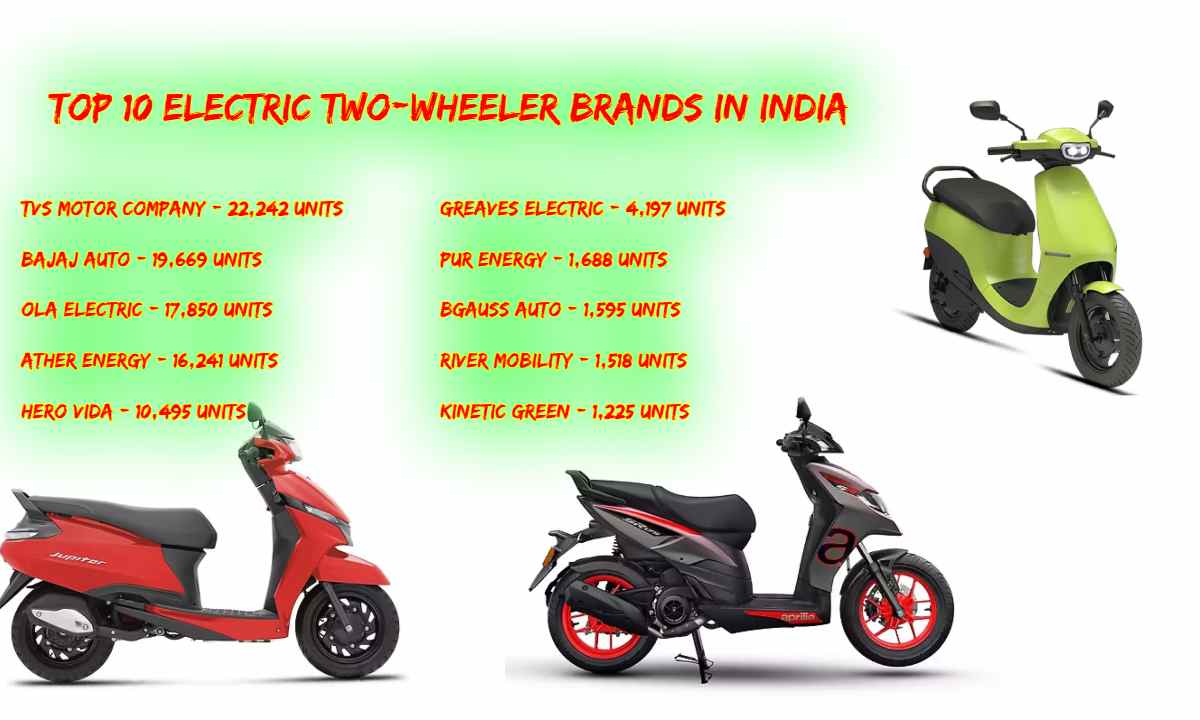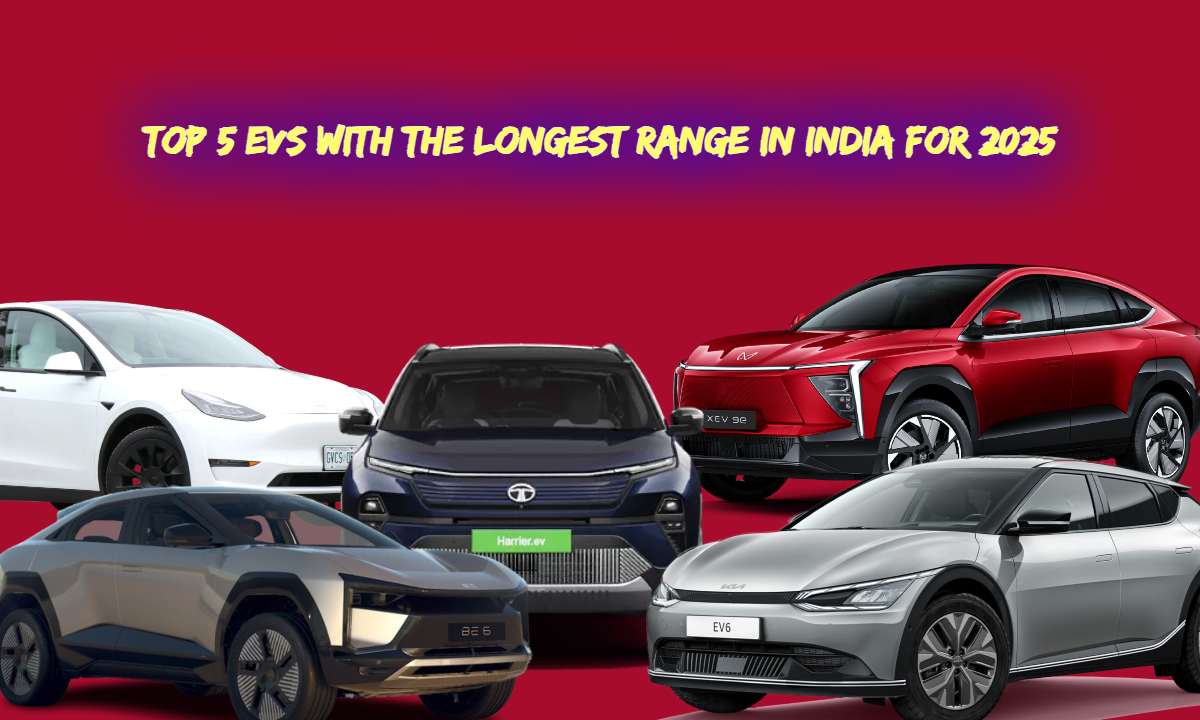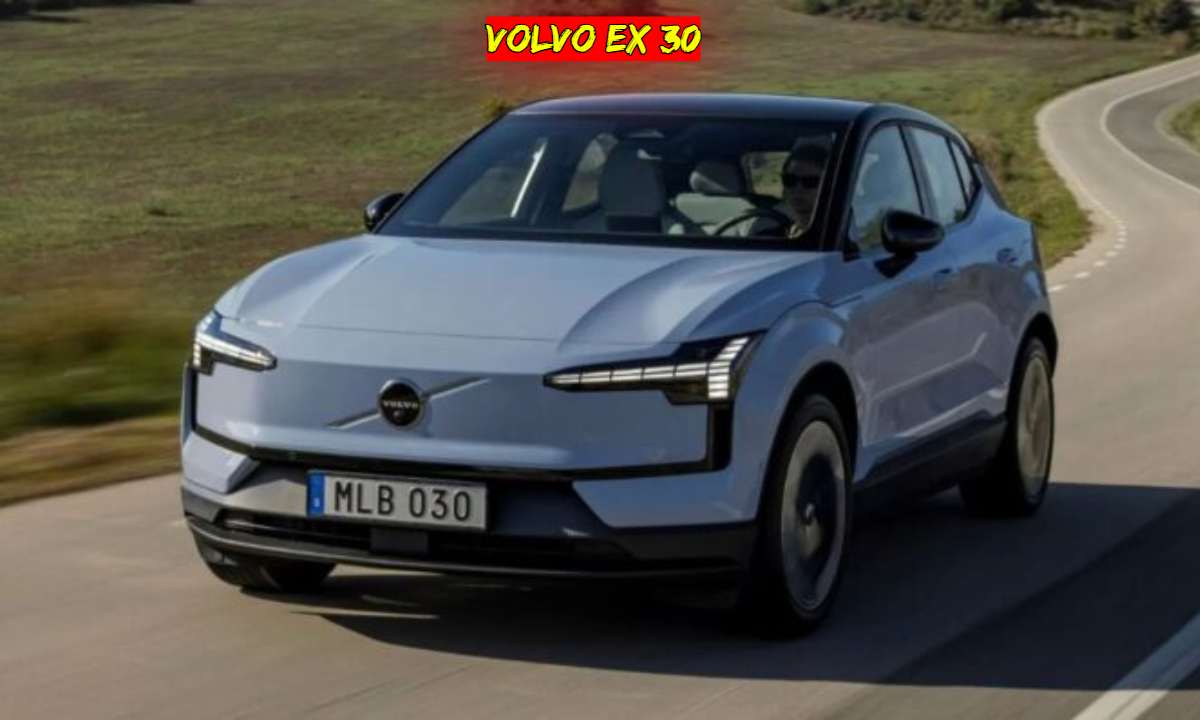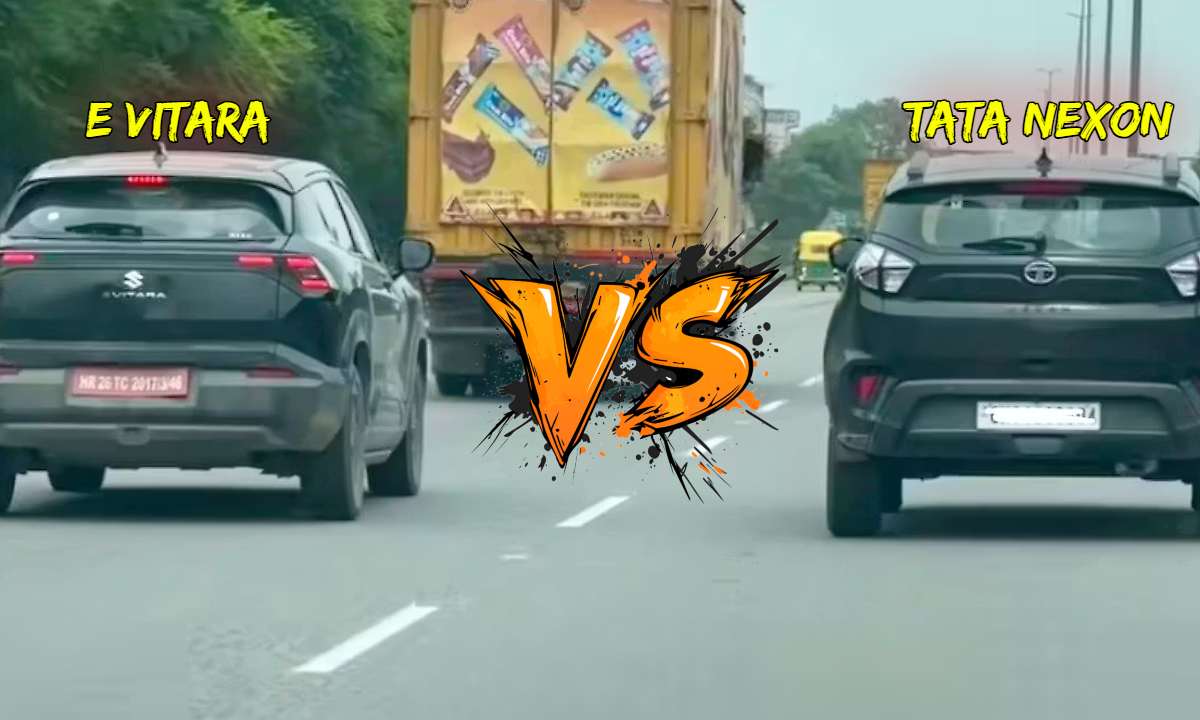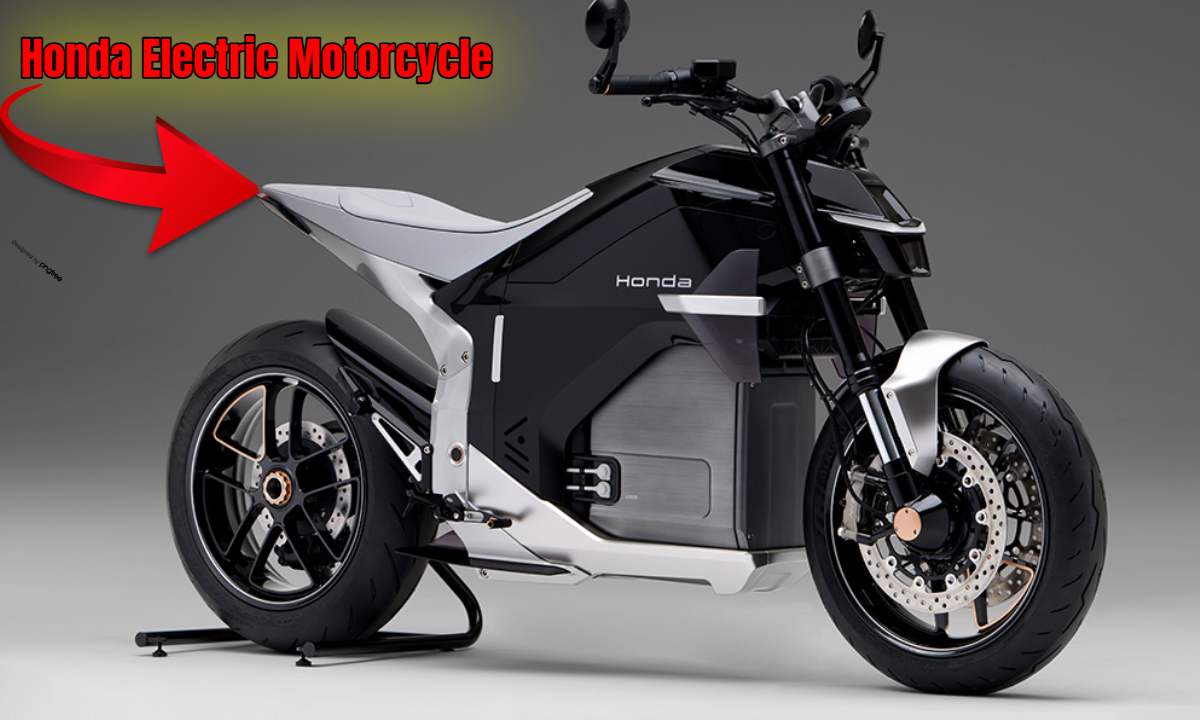In a move that could give a major boost to the electric vehicle (EV) industry, the Indian government is considering exempting EVs from the existing 15-year End of Life (EoL) rule that applies to conventional internal combustion engine (ICE) vehicles.
According to a recent report by the Economic Times, this proposal was discussed during a high-level meeting involving officials from Niti Aayog, the Ministry of Power, and the Ministry of Road Transport and Highways. If implemented, the move could make EVs more attractive to both individuals and businesses, especially in categories like electric buses.
Why This Matters
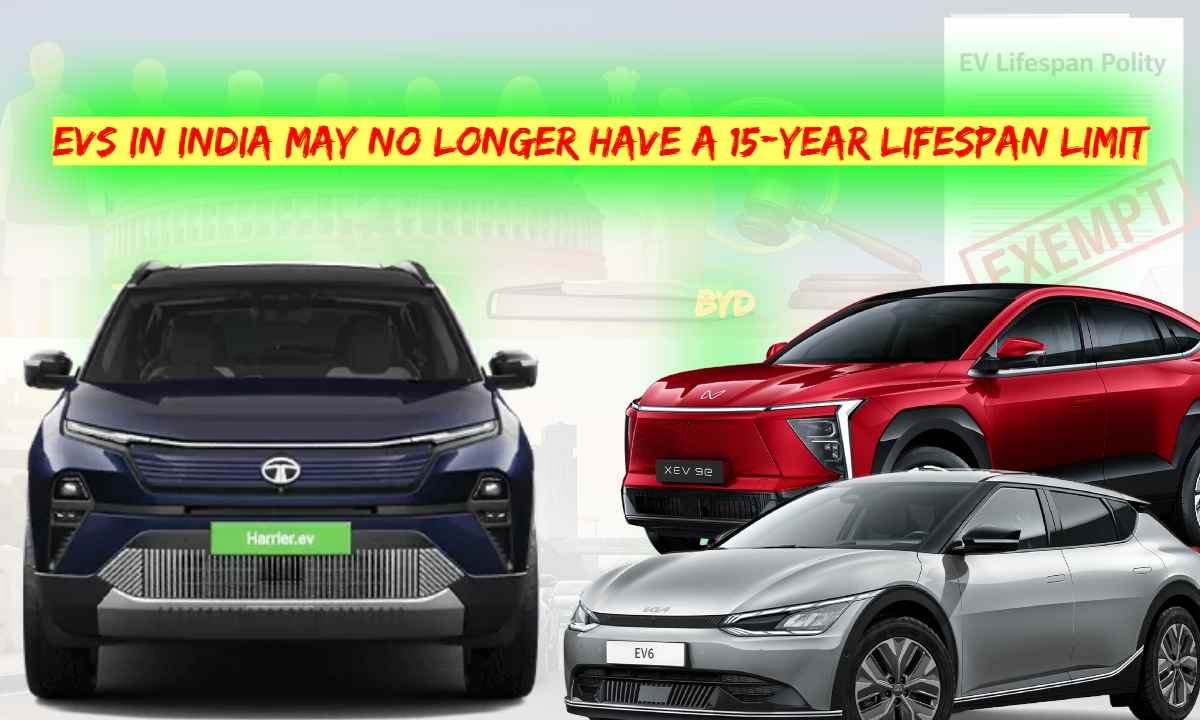
Currently, under Indian vehicle laws, ICE vehicles are considered to have a lifespan of 15 years, after which they must either be scrapped or re-registered under strict norms. EVs, however, could soon be free from this timeline, making them a longer-term investment for buyers.
This comes at a time when the adoption of EVs in India slowed down to just 7.6% in 2024, far below the government’s goal of 30% EV penetration by 2030. Officials believe that easing lifespan restrictions—particularly for commercial EVs like buses—could significantly improve demand.
More Than Just Incentives
During the meeting, it was also acknowledged that providing financial incentives alone isn’t enough to drive EV adoption. Instead, the government is looking to build a broader ecosystem that includes:
-
Stricter rules and compliance-based policies
-
Creation of EV hubs in at least five major Indian cities, focusing on electric buses, delivery vehicles, and shared mobility
-
Rapid expansion of fast-charging infrastructure to support the growing number of EVs on the road
Plans to Make Fuel-Based Vehicles Cleaner
The government is also looking to expand Corporate Average Fuel Efficiency (CAFE) norms to include urban goods carriers and buses, in an effort to reduce emissions from conventional transport vehicles. This is part of a parallel push to clean up fuel-based transport while promoting EVs.
Tackling Battery Costs and Financing Issues
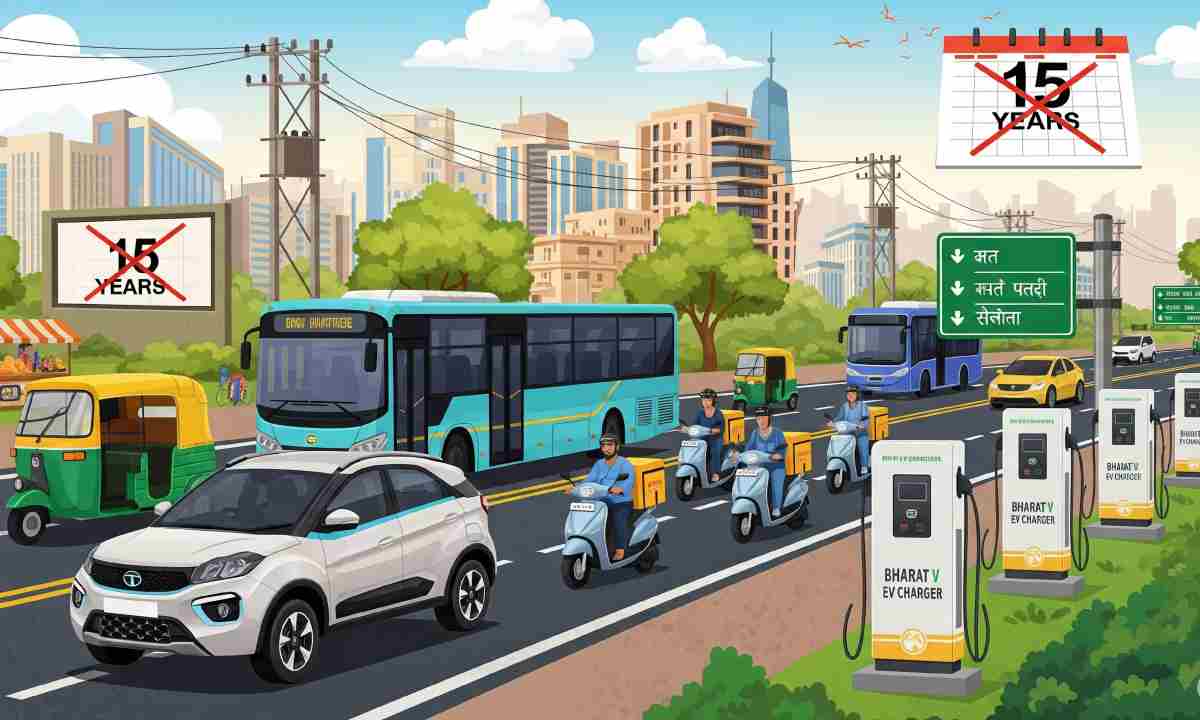
Battery cost and financing are two of the biggest hurdles when it comes to EV adoption—especially for expensive segments like electric trucks and buses.
In a follow-up meeting led by Financial Services Secretary M. Nagarajun, banking officials highlighted key challenges related to EV financing:
-
Battery prices are too high, making loans risky
-
Lack of battery standardisation is a problem, since batteries typically need to be replaced every 6–7 years
-
Loan structures for EVs need to be more flexible to make them viable for buyers and fleet operators
To overcome this, the government is pushing for:
-
Local manufacturing of batteries
-
Research into newer, more affordable battery technologies
-
Better access to financing and credit for EV buyers
What’s Next?
If this proposal to scrap the 15-year lifespan rule for EVs is approved, it could lead to a major shift in how electric vehicles are viewed by Indian consumers—turning them into long-term, cost-effective alternatives to petrol and diesel models.
The policy could especially benefit bus operators, transport companies, and delivery businesses, who might be more willing to invest in electric fleets if they know their vehicles won’t face forced retirement in 15 years.
It’s also a big win for the environment. By making EVs a more attractive and financially sensible choice, the government hopes to speed up the shift to cleaner mobility—and get closer to its ambitious green goals.

